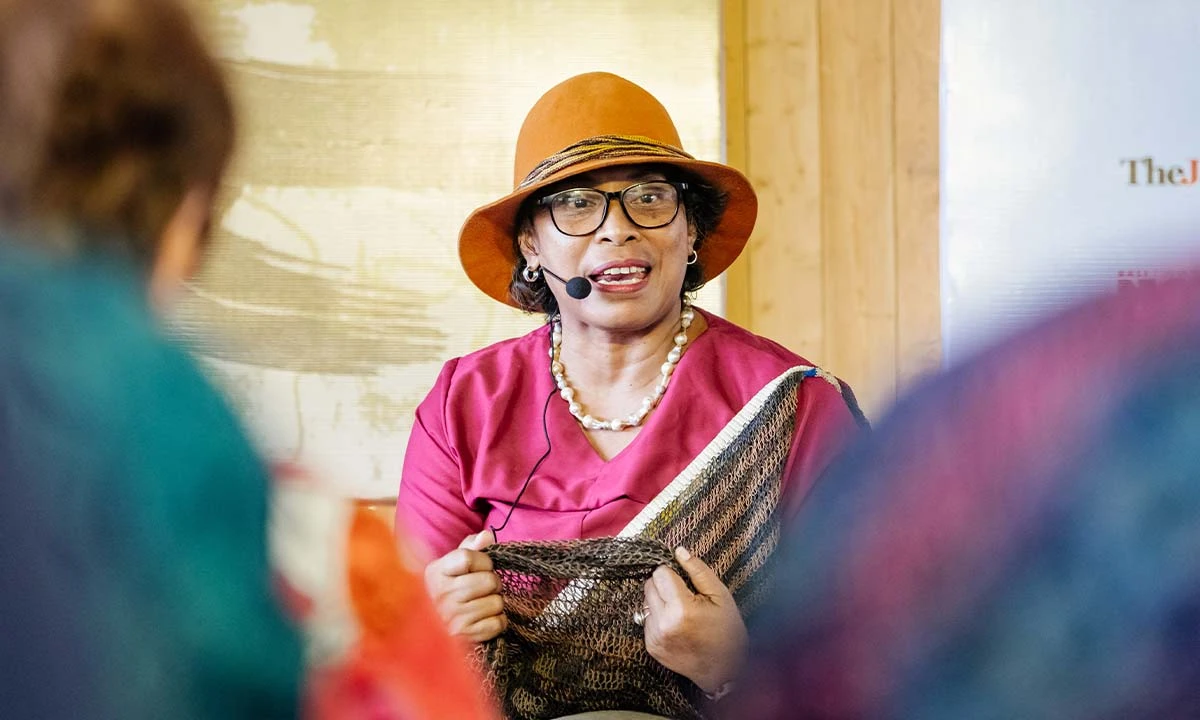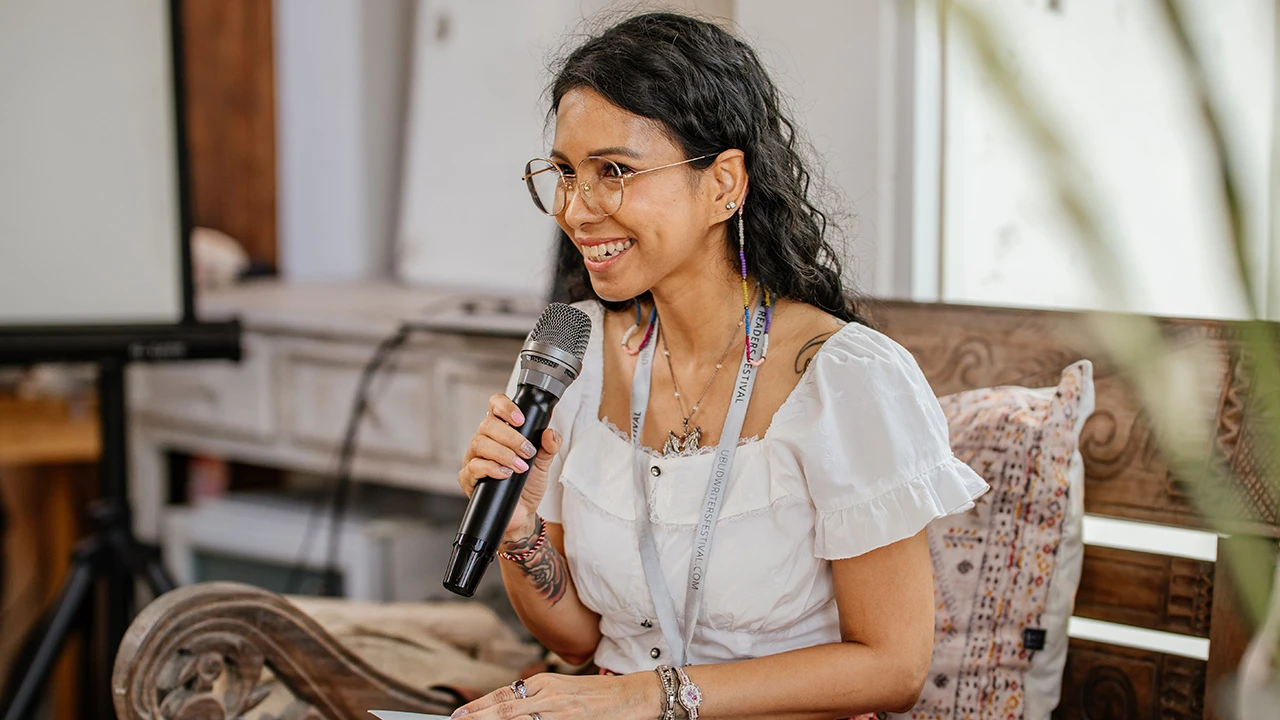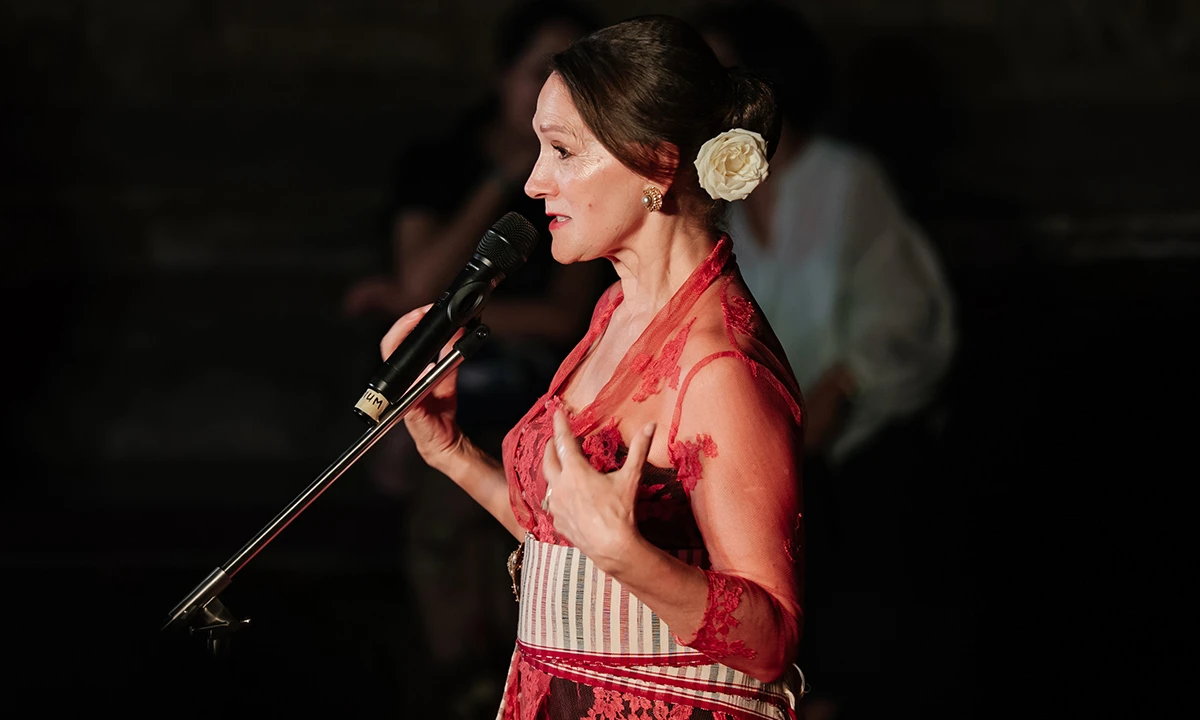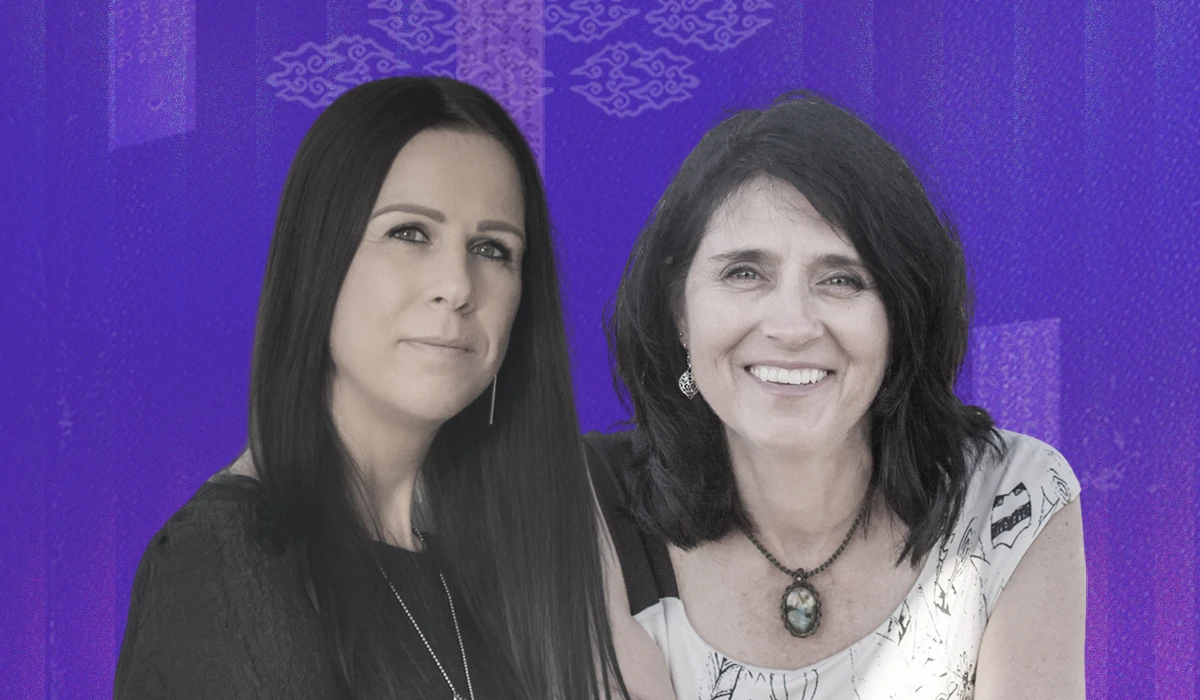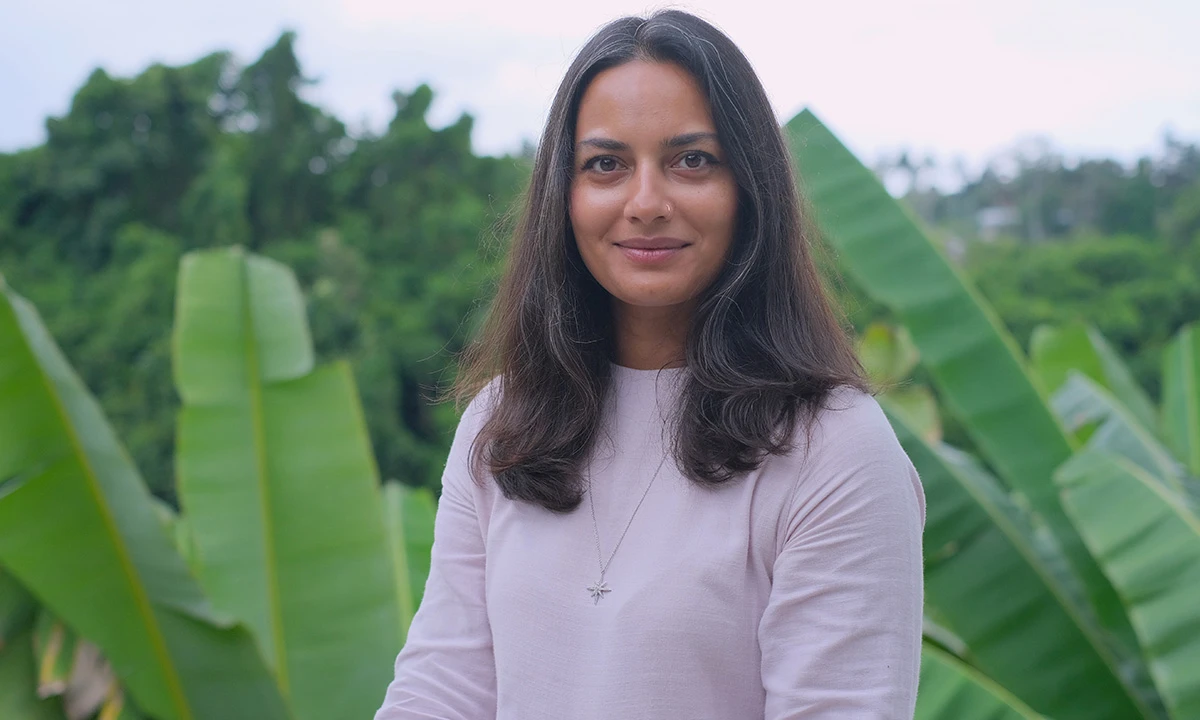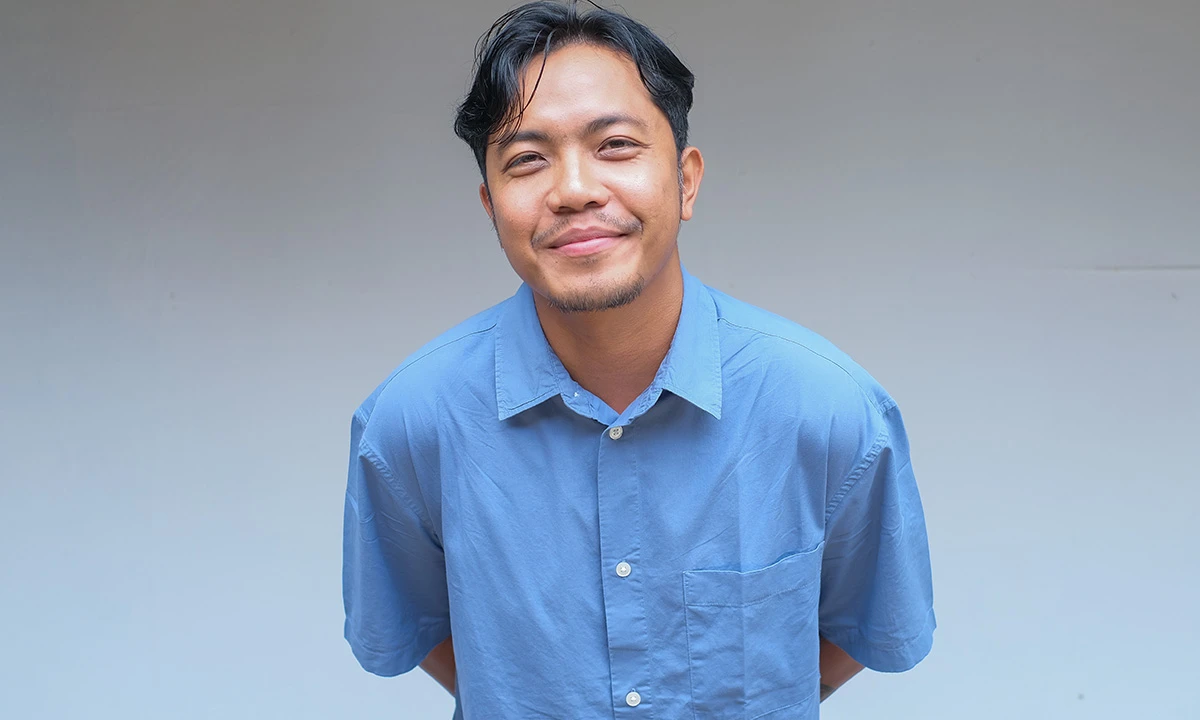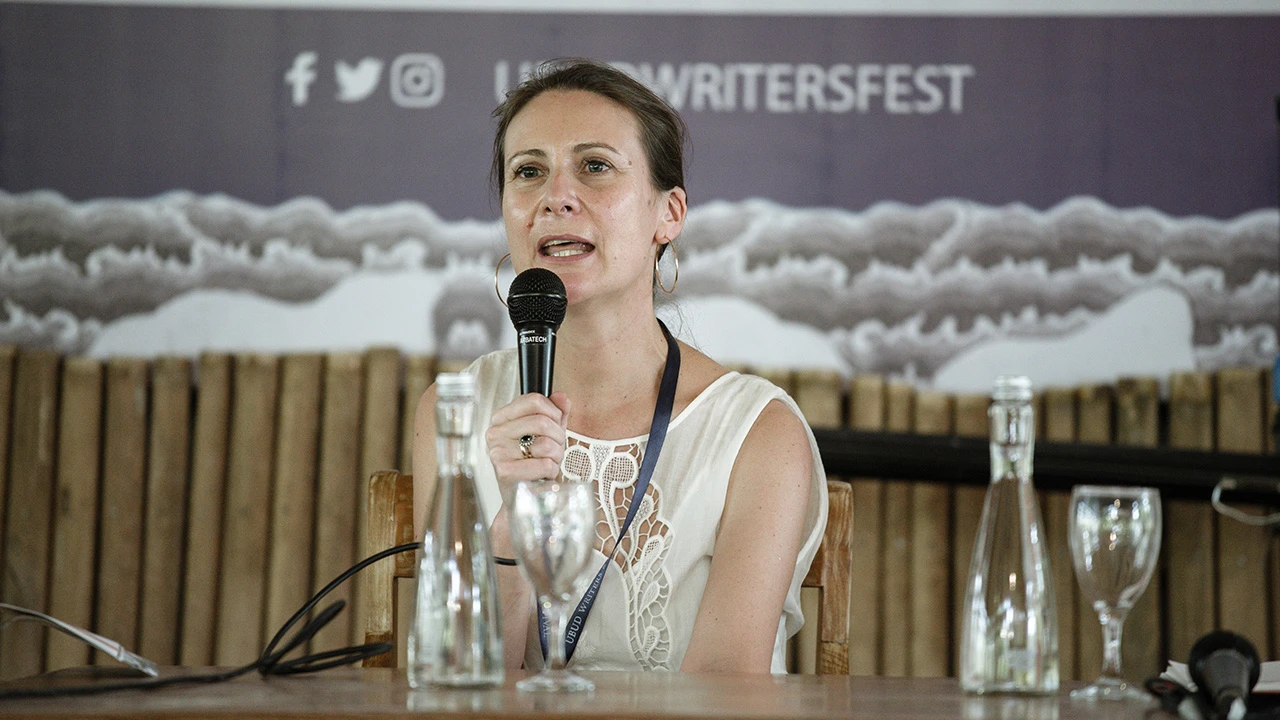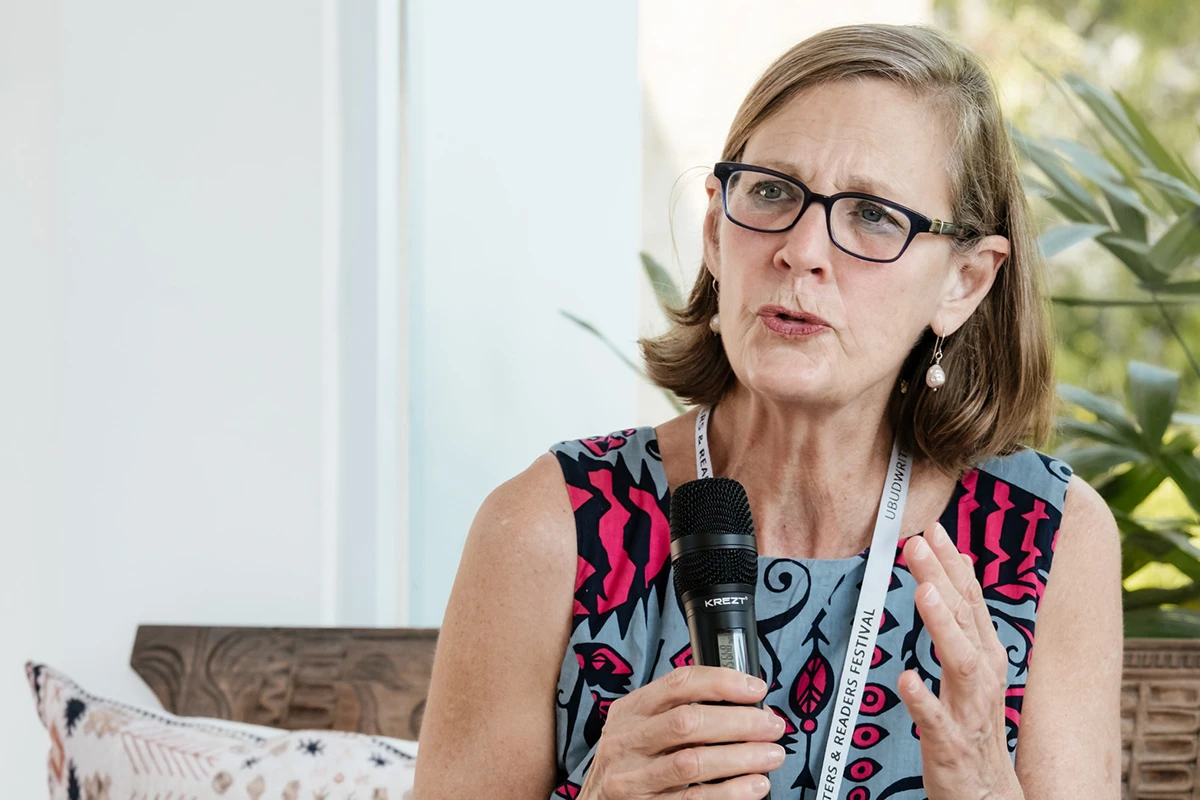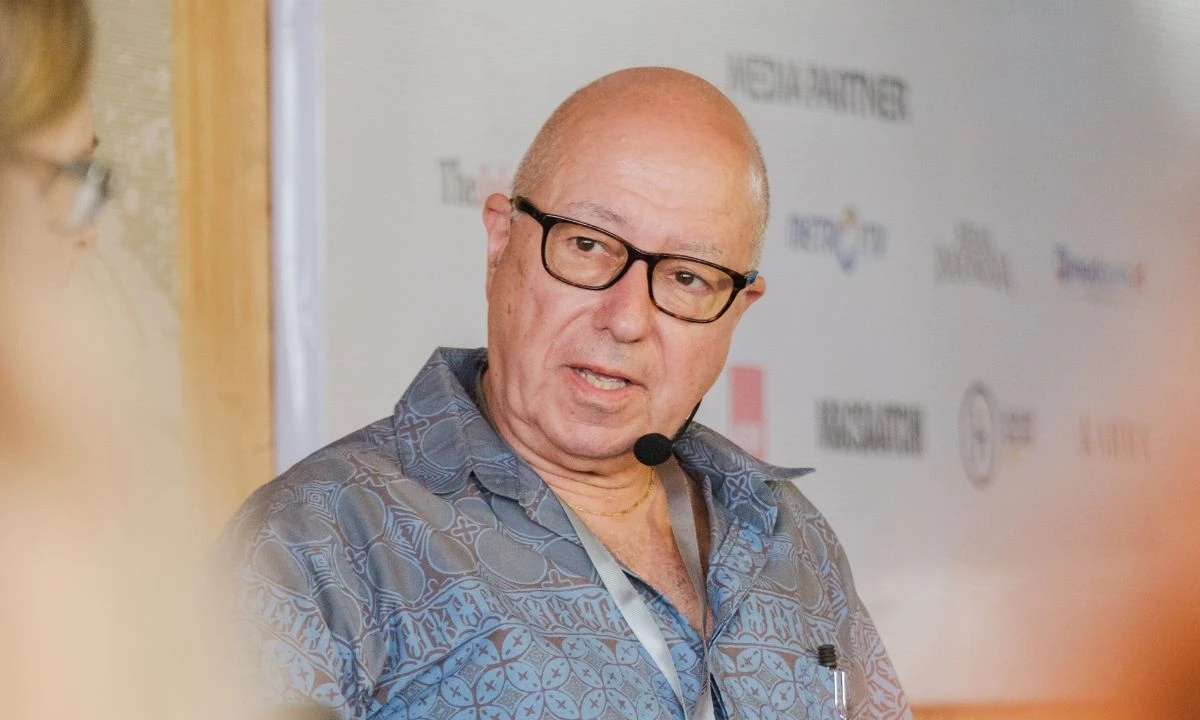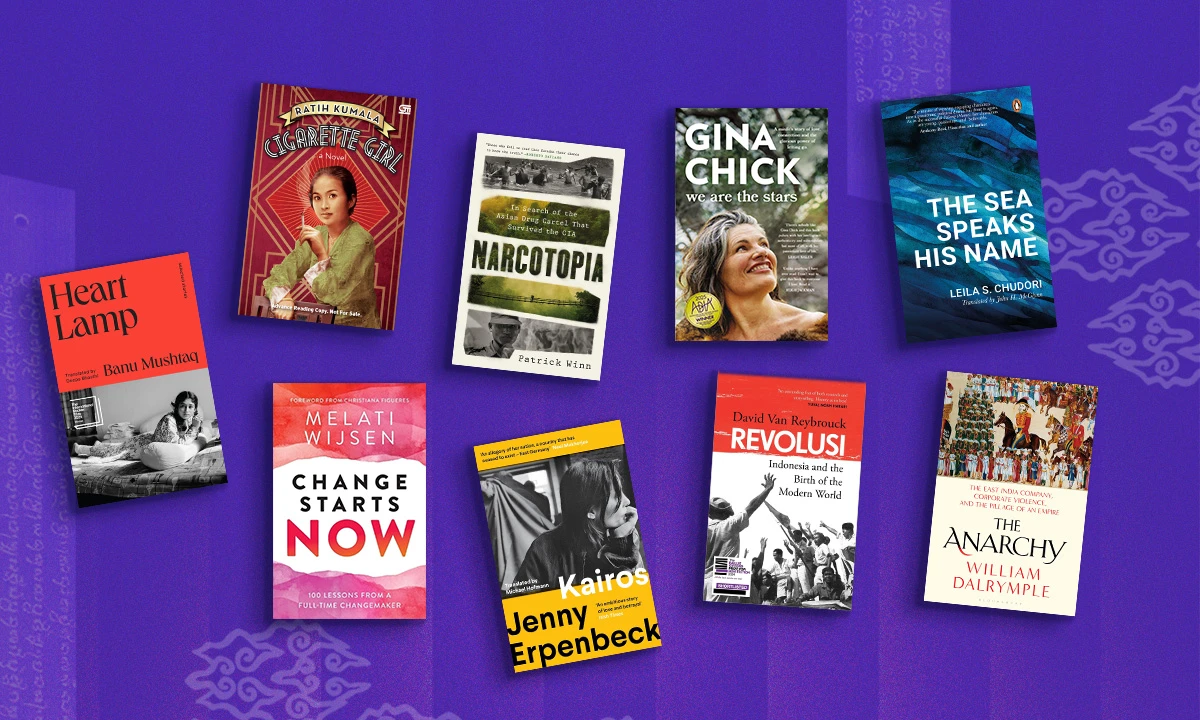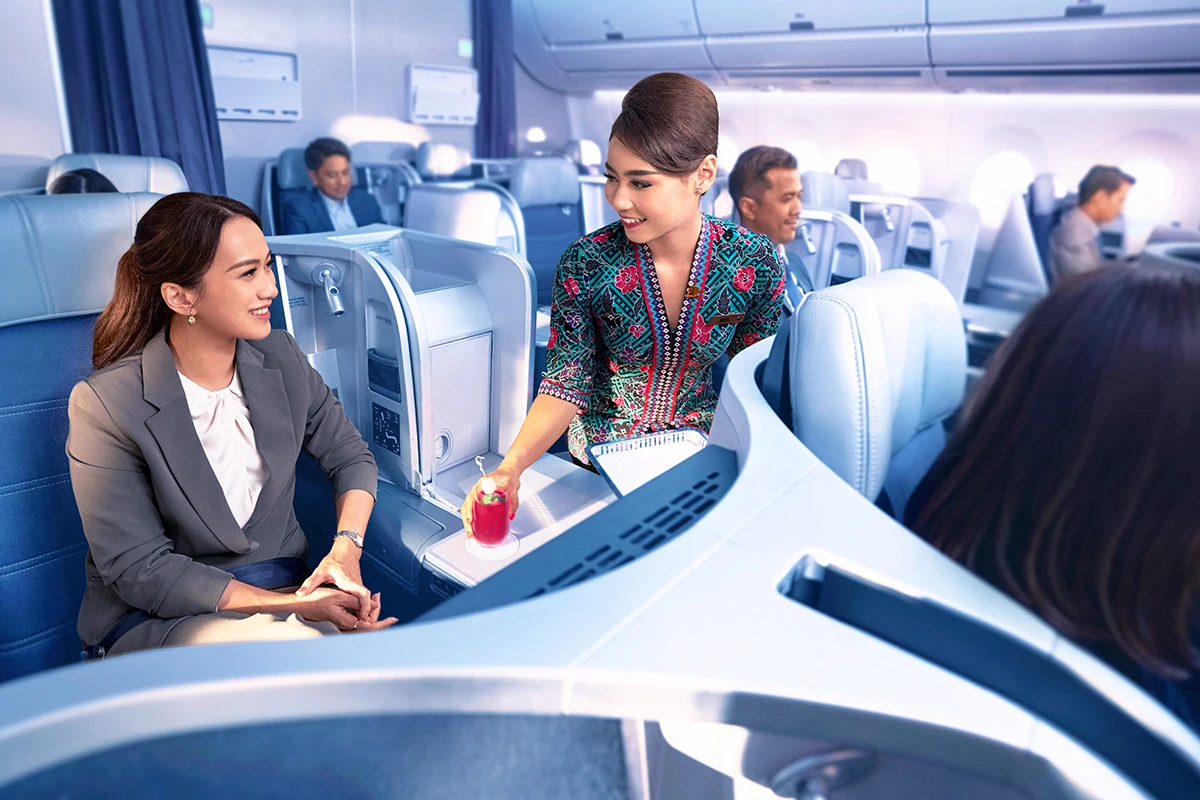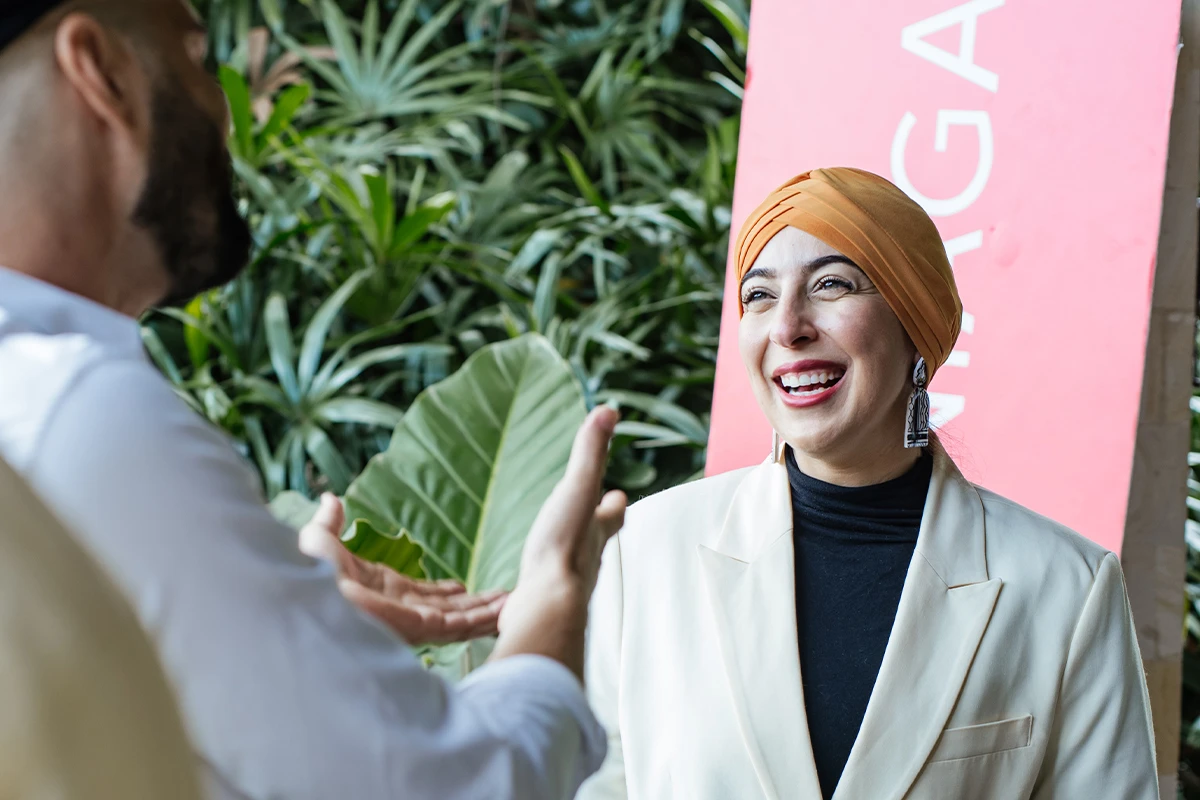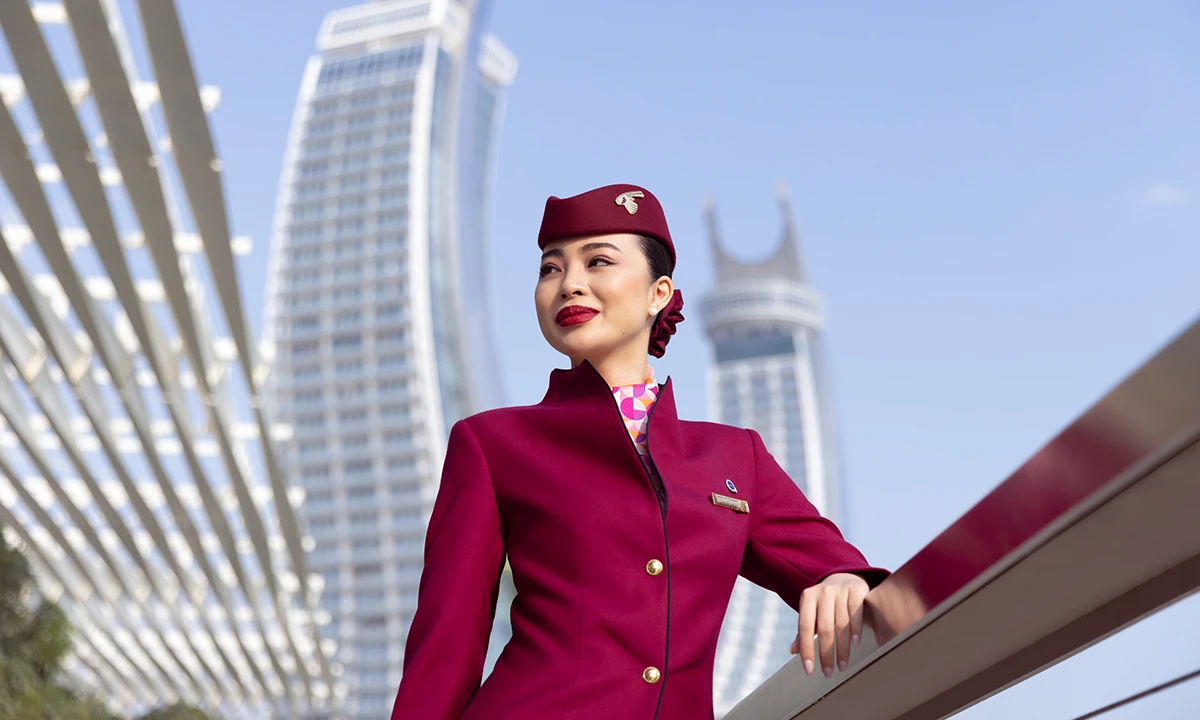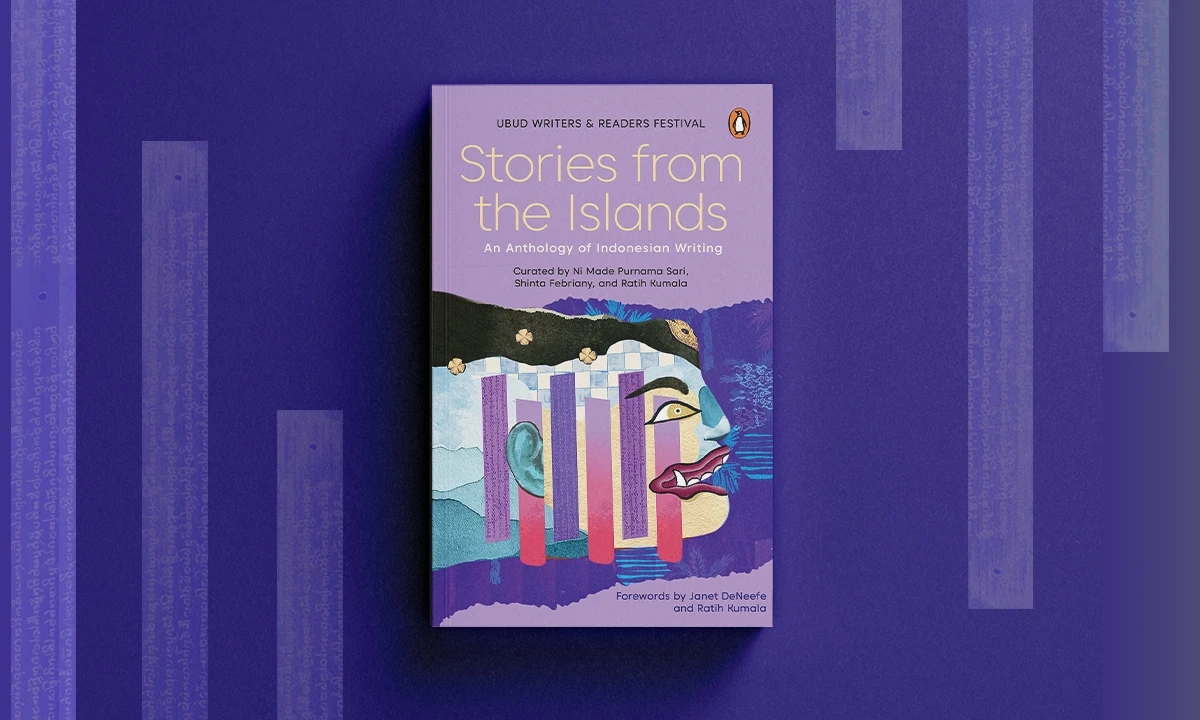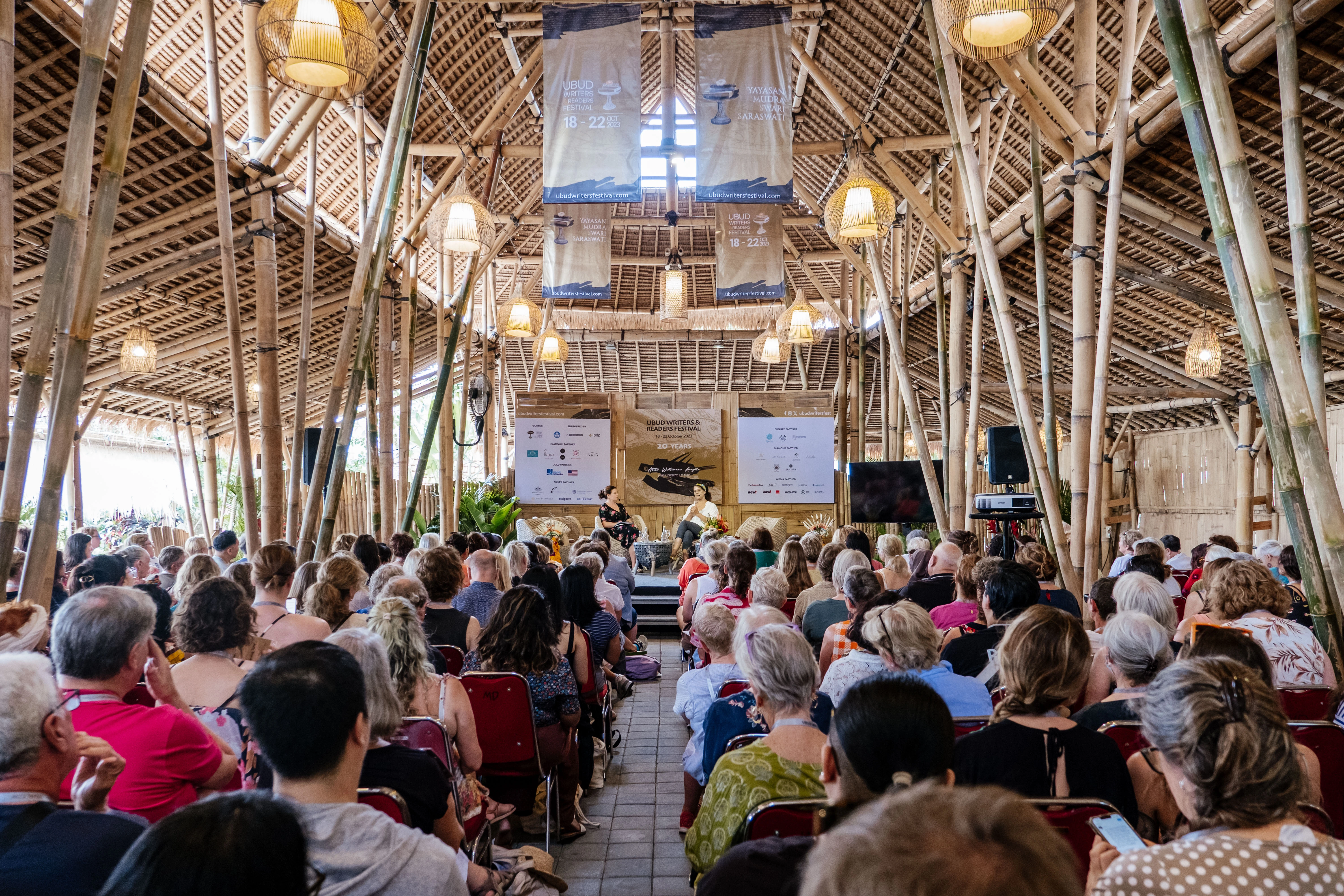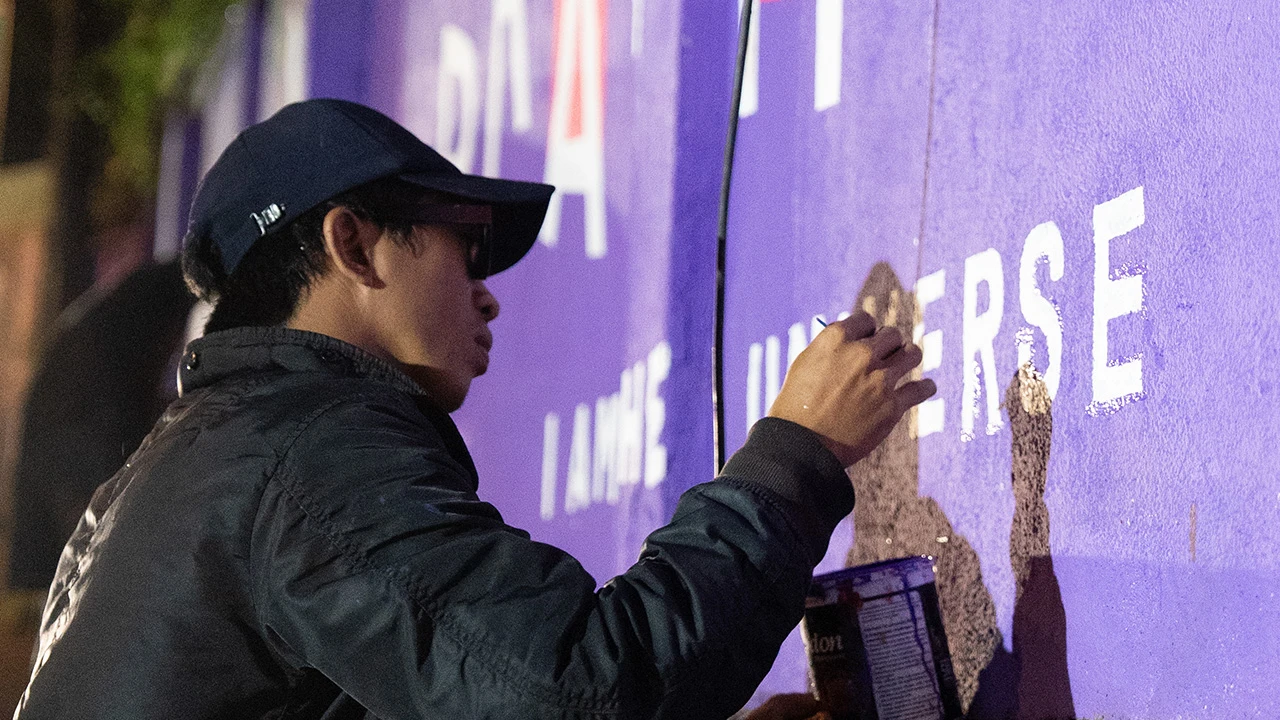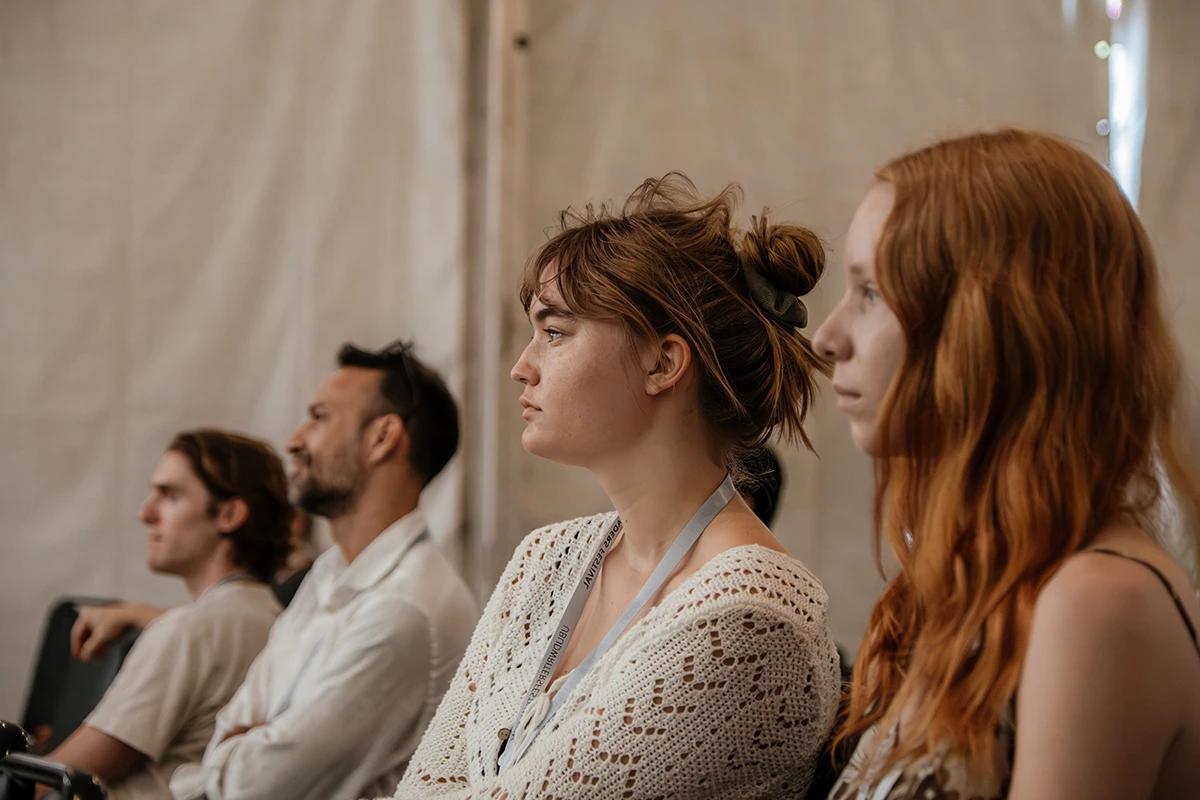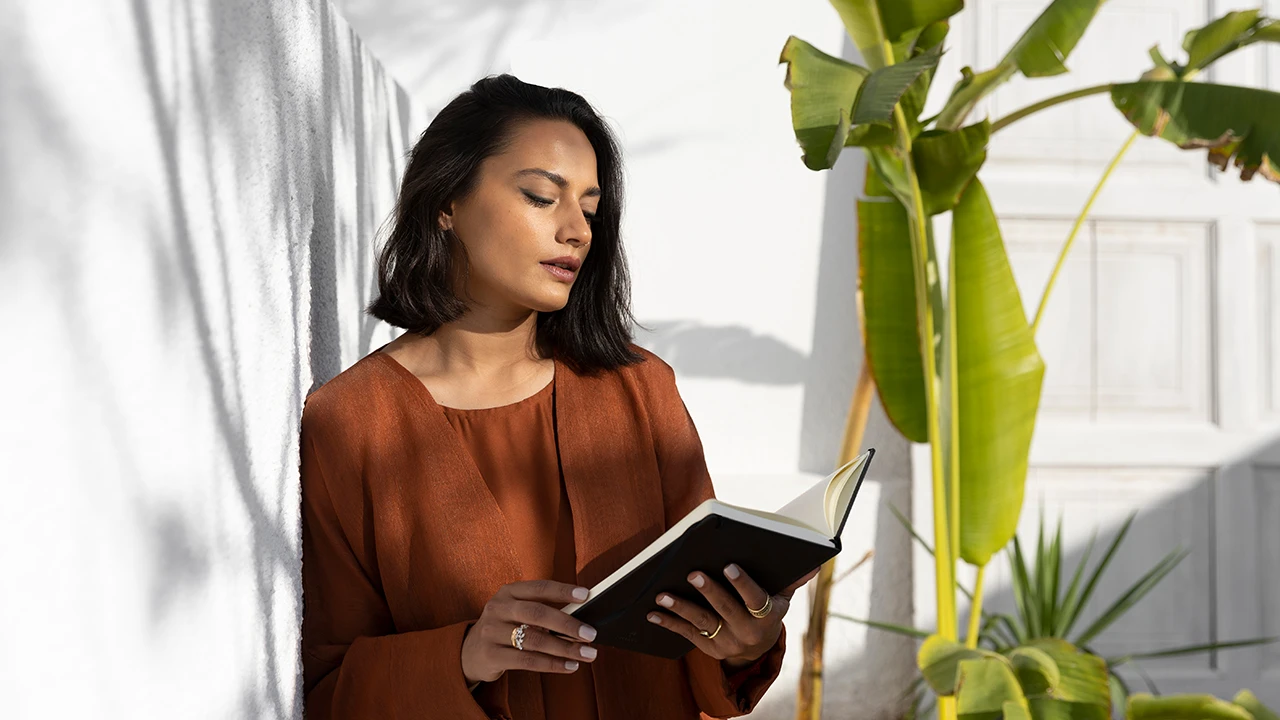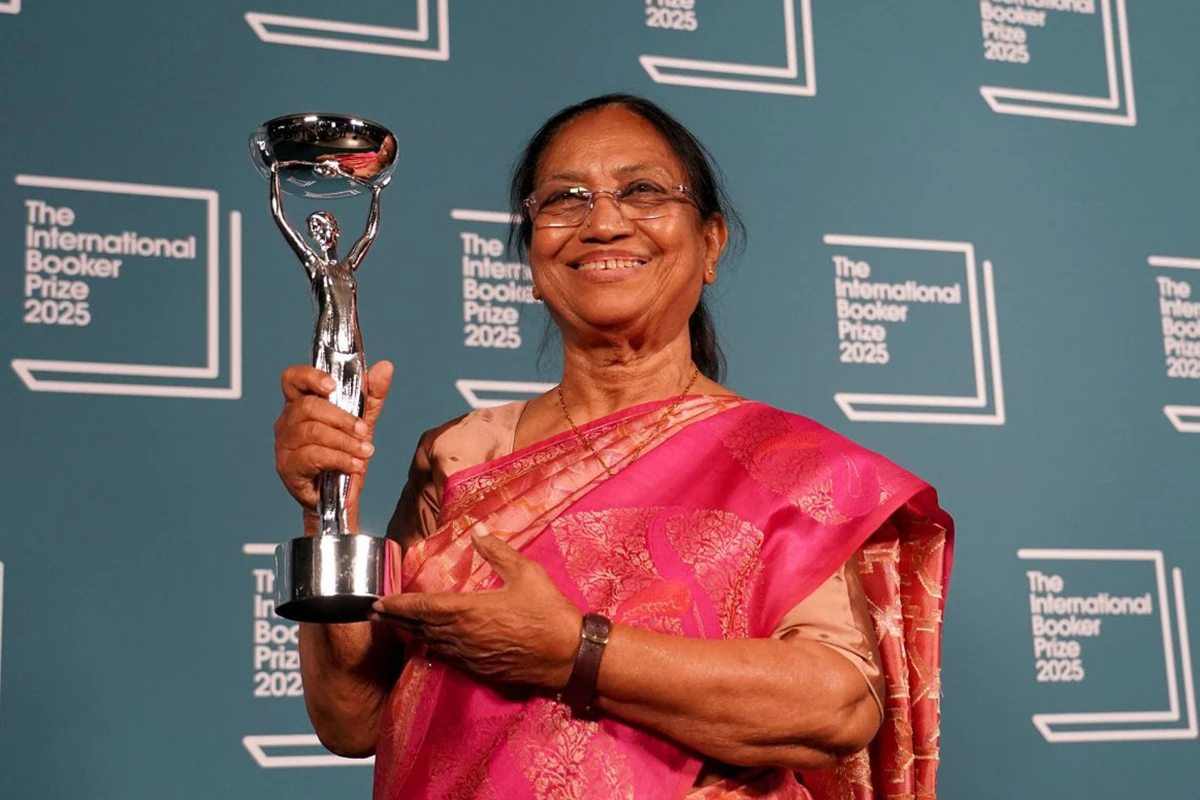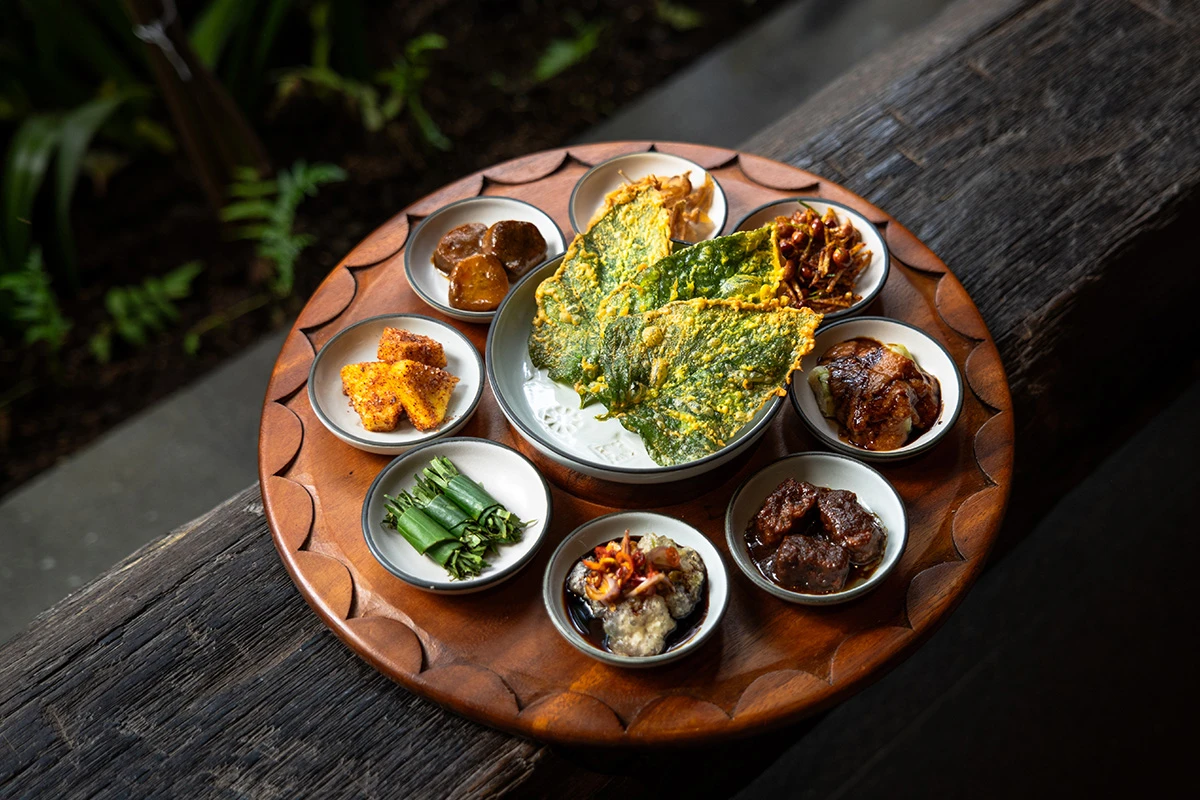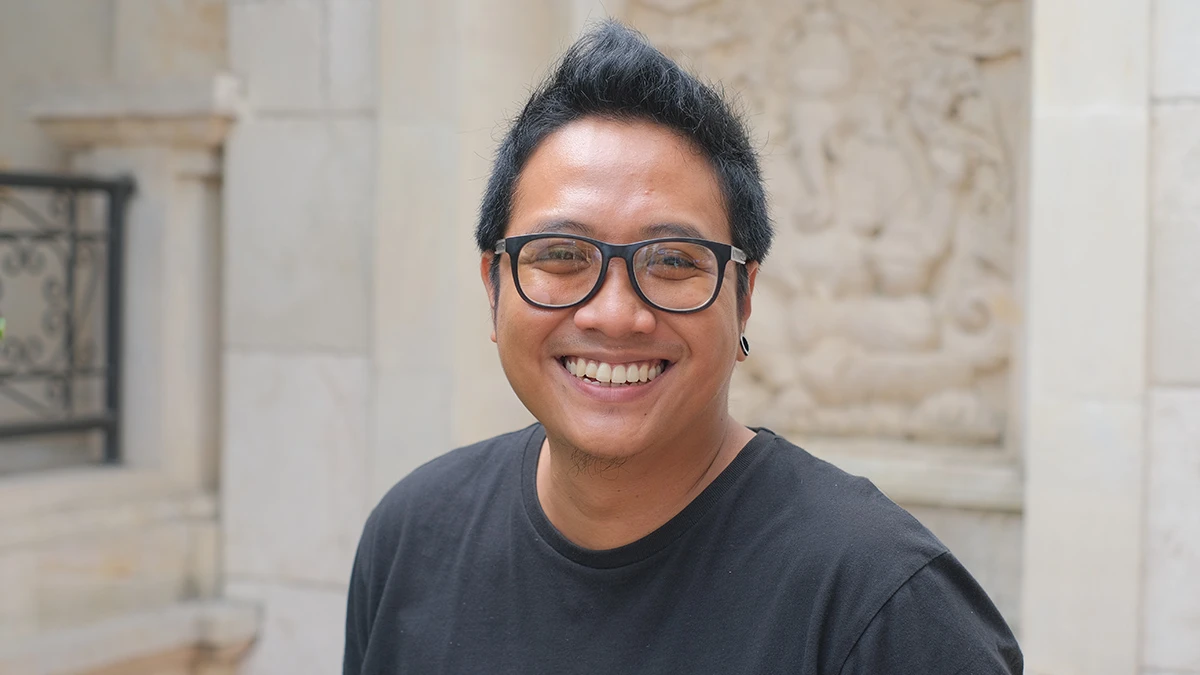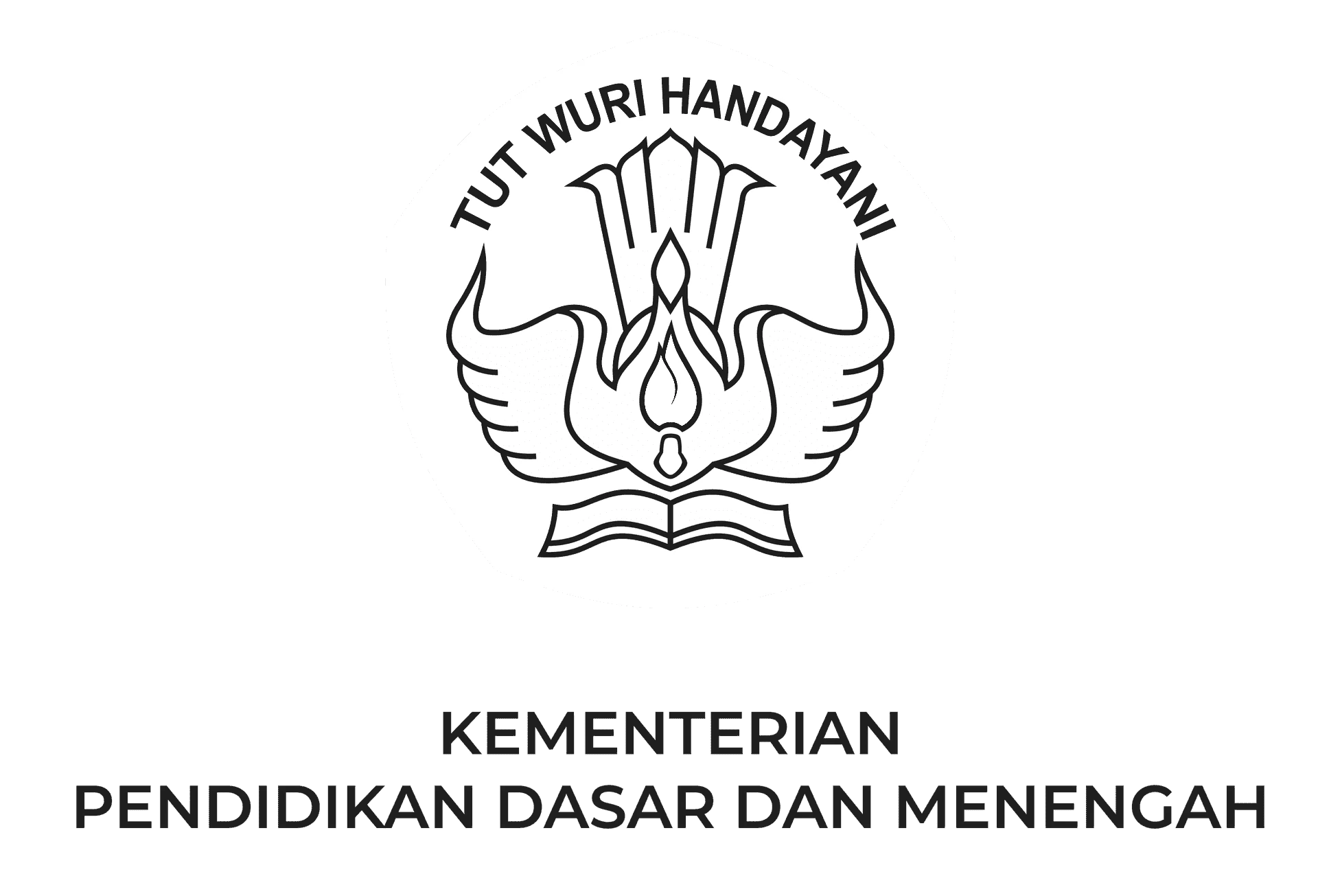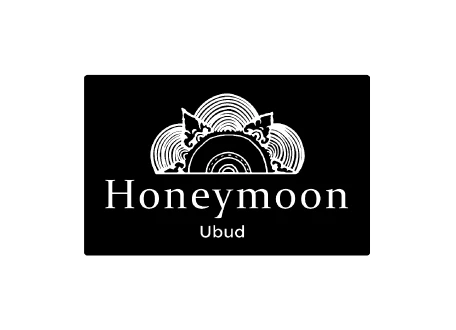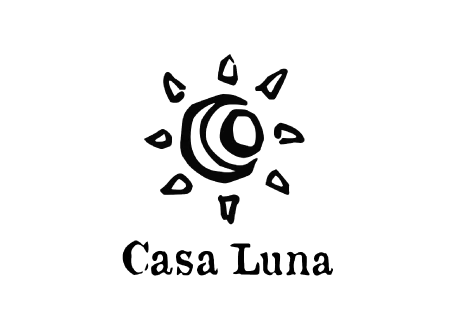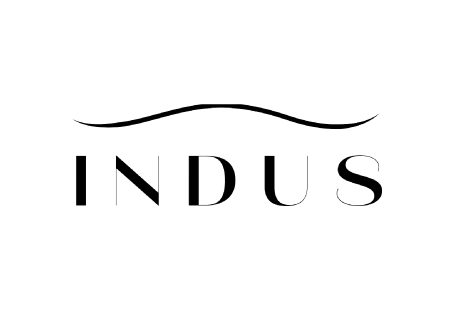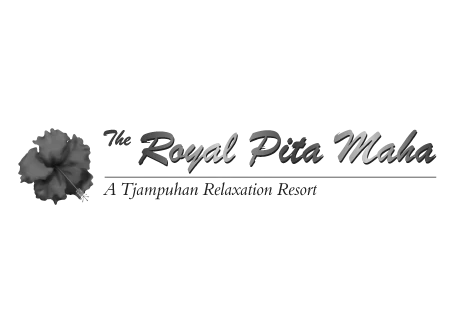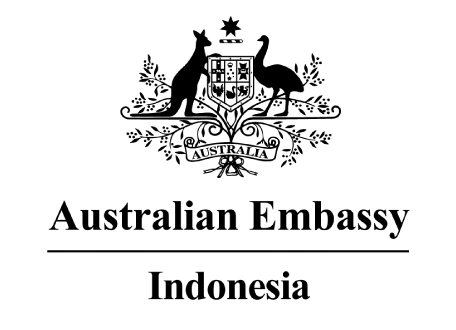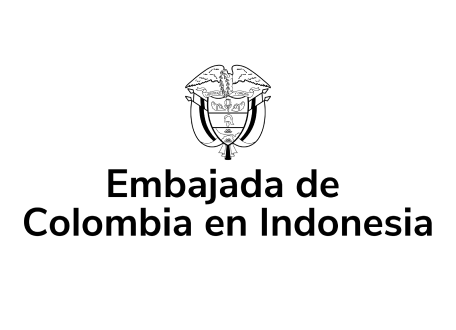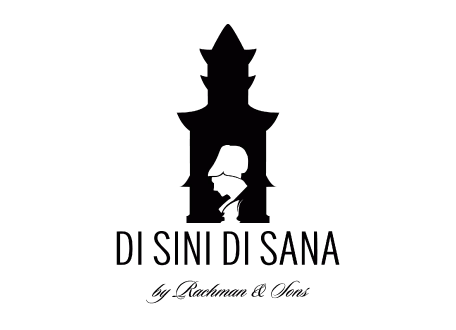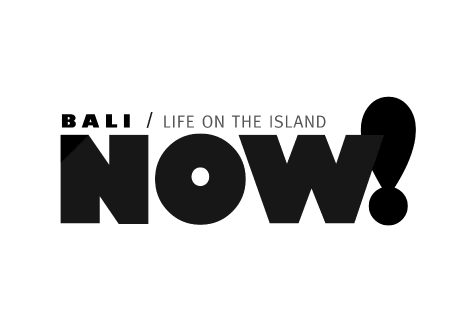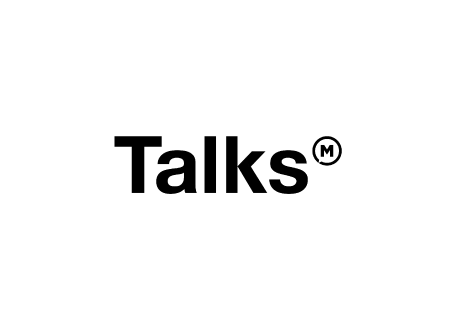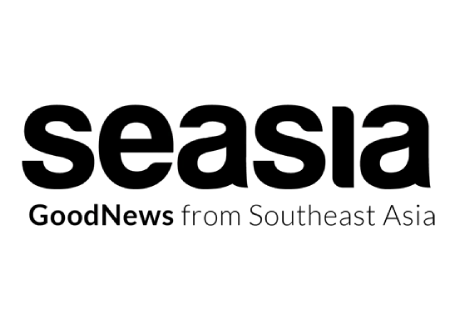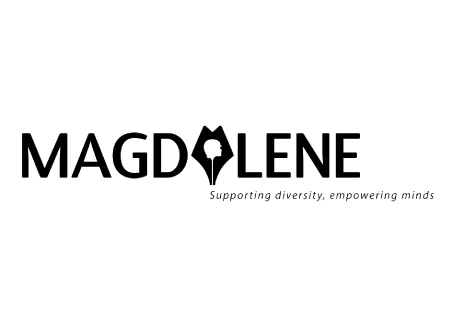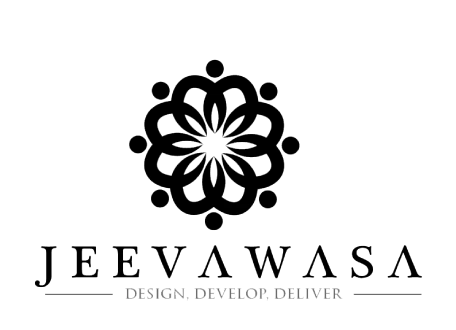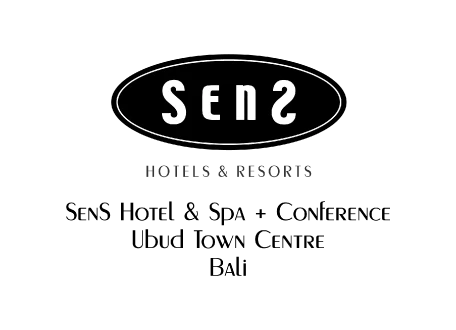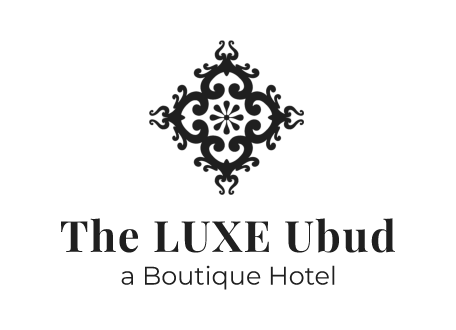In our series of meet-the-moderators, we are excited to introduce you to Luna Vidya, an Indonesian theatre performer and poet. Focusing on social, political, and cultural issues relevant to Eastern Indonesia, women, and marginalized urban communities, her theatrical works are deeply inspired by the complexities of social realities in the region.
Luna Vidya, who will be participating as a moderator and speaker, is sharing with us what to expect from her upcoming sessions, her reading, and the events she’s most looking forward to at this year’s Festival.
You have been coming to UWRF for years now as a regular moderator. What makes you want to come back?
There are at least three reasons why the Festival means so much to me.
First, it is a space where knowledge gathers, where narratives unfold, and we, whether as listeners or moderators, experience them through other human beings. There is an intimate experience when knowledge comes not merely from books, but from the voice and body that carries it.
Second, it clearly states that knowledge must indeed be voiced. The distinctive voices present at this festival may seem unfamiliar or unpopular, but they still hold value. That's precisely where its strength lies. The Festival provides a platform for rarely heard knowledge to take the stage. I'm happy to be involved in this narrative exchange, which makes me a learner. From there, I realise that my knowledge isn't the only source for constructing arguments.
Third, the Festival always provides the perfect momentum to discover ‘beautiful questions’ about life. These questions intertwine in various discussions, and I feel free to interpret them without having to be a speaker or stand in the spotlight. From my experience, whenever I try to answer these beautiful questions, I find myself in the act of gathering: collecting, discovering, and connecting fragments of knowledge, much like a forager patiently arranging the treasures they have found.
As the moderator of the panel titled Where the Land Knows My Name: Stories from Papua, you’ll be guiding a discussion on how, for many Papuans, land is not only territory but also memory, teacher, and home. What do you hope attendees will take away from this exploration of the deep connections between land, identity, and transformation?
What I hope will become the takeaway from this session is the experience of entering a space of conversation with ‘those whose names are known by the Land of Papua.’ In that space, we may hear distinctive voices: perhaps about the land speaking to each speaker, perhaps about women in their roles and their responses to identity, nature, and power relations that call for reinterpretation, or perhaps about the uncertainty of being both a global citizen and an Indonesian.
Another hope of mine is that this session will also serve as a space for exposure to the validity of local knowledge from the Land of Papua. In this way, everyone present may be inspired to freely hold and honour knowledge about the people of Papua as Papuans.

